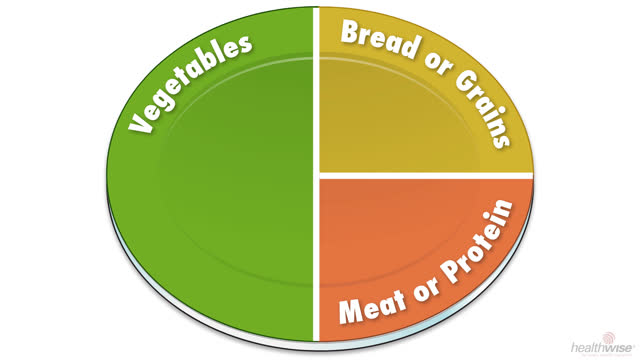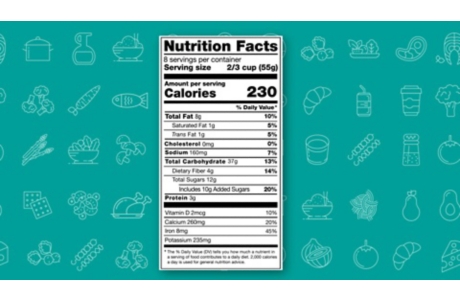Carbohydrate Foods
Topic Overview
Foods containing carbohydrate are grouped into the following categories. The carbohydrate content is listed in grams (g). If you eat a larger portion, count it as more than one serving.
One serving of carbohydrate has 15 grams of carbohydrate. Of course, not all foods contain exactly 15 grams of carbohydrate. Typically if a food has 8 to 22 grams of carbohydrate, that is equal to 1 carbohydrate serving.
Bread, cereal, rice, pasta, beans, and starchy vegetables: 15 g of carbohydrate per serving (1 carbohydrate serving)
- 1 slice bread (1 oz)
- 1/4 bagel
- 3/4 cup dry cereal
- 1/2 cup cooked cereal
- 1/3 cup cooked rice or pasta
- 1/2 cup cooked beans, lentils, or peas
- 1/2 cup cooked corn
- 1/2 cup mashed potatoes
Vegetables: 5 g of carbohydrate per serving
- 1 cup raw leafy vegetables
- 1/2 cup other vegetables, cooked or chopped raw
- 1/2 cup vegetable juice
Fruits: 15 g of carbohydrate per serving
- 1 small apple or orange
- 1/2 banana
- 1/2 cup chopped, cooked, or canned fruit
- 1/2 cup fruit juice
- 1/4 cup dried fruit
Milk and yogurt: 15 g of carbohydrate per serving
These are also good sources of calcium.
- 1 cup milk
- 2/3 cup plain yogurt. (Food with added sugar will contain more carbohydrate, so check the label.)
Sweets
The carbohydrate content of sweets varies according to the ingredients. Talk with a registered dietitian about how to work these foods into your meal plan.
For a complete listing of foods containing carbohydrate, contact the American Diabetes Association.
Health Tools
Health Tools help you make wise health decisions or take action to improve your health.
Current as of: April 16, 2019
Author: Healthwise Staff
Medical Review:E. Gregory Thompson MD – Internal Medicine & Kathleen Romito MD – Family Medicine & Adam Husney MD – Family Medicine & Rhonda O’Brien MS, RD, CDE – Certified Diabetes Educator & Colleen O’Connor PhD, RD – Registered Dietitian
This information does not replace the advice of a doctor. Healthwise, Incorporated, disclaims any warranty or liability for your use of this information. Your use of this information means that you agree to the Terms of Use. Learn how we develop our content.



